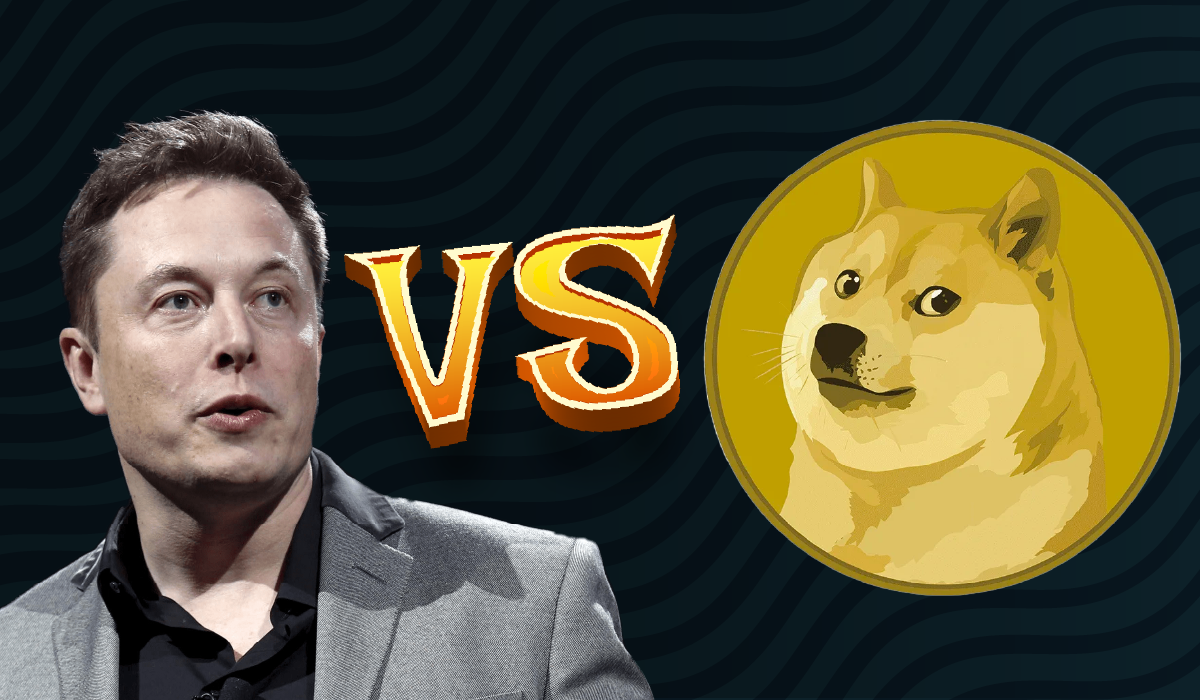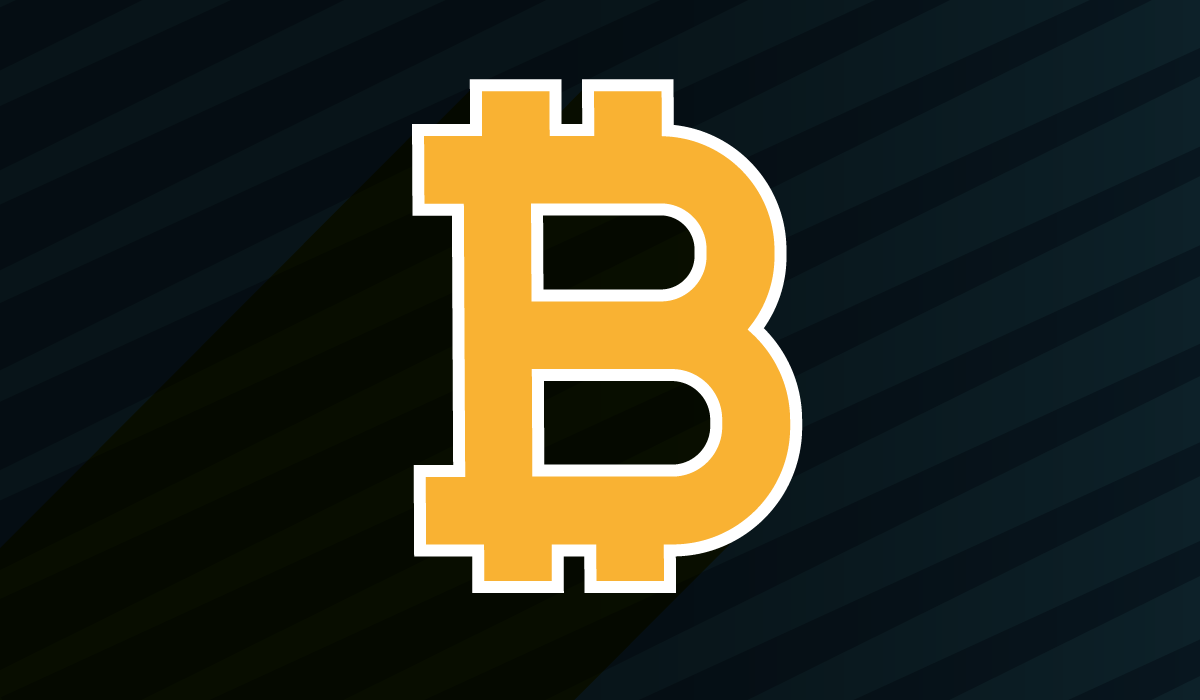The online gambling industry has come a long way since the first online casinos launched in the 1990s. In the beginning, online gambling faced a lot of skepticism and legal issues, but over the years, it has evolved into a legitimate, multi-billion-dollar industry.
However, even with this success, the traditional online gambling industry still faces some fundamental problems when it comes to trust, transparency, security, and payment processing. This is where decentralized blockchain casinos come in – providing solutions to these issues and revolutionizing online gambling.
What Are Decentralized Blockchain Casinos?
Decentralized Crypto Casino utilizes blockchain technology to operate without a central authority. Blockchain is the distributed ledger technology that underpins cryptocurrencies like Bitcoin and Ethereum.
Some of the defining features of decentralized blockchain casinos:
- Transactions are secured by cryptography and recorded on a public blockchain ledger that cannot be altered or manipulated. This ensures fairness and transparency in all gambling activities.
- Funds are kept in cryptocurrency wallets that give players full ownership and control over their money. Players do not have to hand over control of their funds to a third party.
- Smart contracts execute payouts automatically when certain conditions are met. Once again, this guarantees fair results.
- Blockchain casinos typically have very low house edges since there are minimal operating expenses and no middlemen taking commissions. Better odds for players.
- Players can remain anonymous if they wish while gambling online. No submitting ID docs or personal information to a corporate entity.
Decentralized models eliminate middlemen and third-party access to player funds while massively improving transparency. This fixes many of the trust issues found at traditional online casinos.
Next, we’ll take a closer look at some of the problems with current online gambling platforms and how decentralized casinos provide solutions.
Problems With Traditional Online Casinos
While online gambling has exploded in popularity over the last 15 years, the legacy online casino industry still faces some endemic issues around trust, security, and payment processing. These include:
Lack of Trust
How can players be sure the games they play online are truly fair and random? Unfortunately, players have to simply trust that online casino operators are being honest in their claims. There is no way to verify game integrity.
This issue came into full public view after the “Multilotto Scandal,” where a player discovered a rigged blackjack game, but the casino ignored him. Soon after that, regulators found that over a dozen online casino brands were rigging games.
Security & Privacy Issues
Most online casinos mandate intensive ID verification checks requiring documents like passports, home addresses, social security details, and photographs to be submitted. This creates major privacy issues.
Additionally, players have to trust these casinos will securely store documents and banking data to prevent fraud and hacking. Data leaks, unfortunately, occur frequently.
Payment Processing Problems
The intersection of gambling and banking has always been filled with friction. Banks are often reluctant to process gambling transactions, while players do not like that casinos can view their bank account histories and statements. This leads to issues like declined payments and frozen accounts.
Let’s examine how decentralised casinos built on blockchain technology can solve these endemic issues with traditional online gambling platforms.
Benefits of Decentralized Blockchain Casinos
Decentralized casinos offer numerous benefits in terms of transparency, integrity, security, and payments. These include:
Provably Fair Gambling
One of the most revolutionary aspects of blockchain casinos is the ability to offer Provably Fair gambling using cryptographic techniques. Players can independently verify random game outcomes to ensure genuine randomness and fairness:
- Each game result relies on a publicly verifiable random seed value.
- Using open-source tools, players can hash the seed with their chosen inputs to confirm the game outcome was truly random and not manipulated in the casino’s favor behind the scenes.
- This gives unprecedented transparency compared to proprietary black box systems at traditional online casinos.
By enabling public verification of results, decentralized casinos fix trust and transparency issues that have plagued online gambling for decades. Now, players can enjoy online gambling with the confidence of knowing games are genuinely fair and random.
Enhanced Security
In decentralized casinos, players maintain full control of funds in their own cryptocurrency wallets. Money never leaves the custody of the player. There is no need to hand over personal banking information or identity documents to a third party.
On the backend, blockchain casinos utilize state-of-the-art cryptography and distributed infrastructure, making sites far less vulnerable to security breaches and hacking attacks. Player assets have much stronger protection than centralized databases and servers, which tend to be rich targets.
Better Privacy Standards
With decentralized casinos, stringent Know Your Customer (KYC) checks are not necessary. The only requirement to play is having cryptocurrency to use for gambling – no personal details have to be revealed. This preserves privacy and anonymity for players.
Obviously, this presents challenges around restricting underage gambling and geofencing certain regions where online gambling may not be legal. But for most jurisdictions, enhanced privacy is a major benefit to players who do not want their identities and gaming behaviors being monitored or sold by corporations.
Fast, Global Payouts
One hugely appealing aspect of blockchain casinos is fast payouts thanks to instant, global blockchain transactions. Players can receive winnings in seconds/minutes versus traditional online casinos, which often take days to process withdrawals.
Additionally, the integrated nature of blockchain transactions eliminates issues around declined payments. As long as the player has a proper cryptocurrency balance, payments will always go through successfully without middleman intervention.
Now that we’ve highlighted the benefits decentralized casinos offer let’s take a look at some of the leading platforms in this burgeoning industry.
Top Decentralized Casino Platforms
Several decentralized casinos have launched, aiming to leverage the benefits of blockchain technology and provide players with secure, transparent gambling experiences. Three major platforms in the market currently are:
Wagerr
Wagerr has the distinction of being the first decentralised sportsbook and casino to launch. The project dates back to 2015 and went live on mainnet in 2018. Wagerr utilizes native WGR tokens on its blockchain network to handle betting and payouts across the platform’s sportsbook, dice, poker, blackjack, and roulette offerings.
A standout feature of Wagerr is using “Oracle Masternodes” to feed external data like sports scores securely into smart contracts that execute payouts. This is a novel solution to the “Oracle problem” faced by many prediction markets and gambling apps that rely on external data to resolve bet outcomes.
EOSBet
EOSBet operates entirely on smart contracts running on the EOS blockchain. As a pioneer in blockchain gambling, it was the first on-chain casino and dice game to launch in late 2018. For crypto enthusiasts, EOSBet offers the unique ability to mine its native BET token simply by playing games or referring other players.
EOSBet focuses mainly on dice and crash games at present but continues rolling out additional casino offerings like blackjack, baccarat, and video poker, all of which run transparently on its EOS smart contracts. Players can check game outcomes by tracing transactions on the EOS blockchain explorer.
Wink
Wink is a relatively newer entrant to the space, having launched in 2019, but it stands out by operating a hybrid model across both centralized and decentralized infrastructure from a single platform. This gives flexibility to offer the best of both worlds – fast scaling DApps along with provably fair decentralized games.
The Wink platform revolves around its native WINk token, which is used to access games, receive payouts, and participate in various platform promotions and contests. In a novel gamification move, WINk has also integrated blockchain games from its partner TRONbet into the broader WINk environment.
These are just a few noteworthy examples of blockchain casinos leading innovation in the online gambling industry. Many more players are entering the market all the time as the underlying technology matures.
The Future of Online Gambling?
Decentralized casinos aim to address endemic issues around trust, security, and payments in the multi-billion dollar online gambling industry. Leveraging blockchain transparency and cryptography, these platforms offer provably fair gambling with much-improved privacy standards and instant payouts.
While decentralized casinos are still in their early days, they have already shown the immense potential to revolutionize online gambling as we know it. As the technology and market infrastructure develop further, decentralized models seem poised to capture a large share of the $70 billion per year that consumers wager online.
Incumbents like multi-billion dollar giants William Hill, Bet365, and Flutter (FanDuel) have taken notice and started evaluating blockchain infrastructure to improve their own offerings. It appears only a matter of time before decentralized models become a ubiquitous component powering the next generation of online gambling.
Conclusion
Decentralized blockchain casinos represent a fundamental evolution for the online gambling industry. By utilizing groundbreaking cryptography and distributed ledgers, these platforms can provide unprecedented fairness, transparency, security, and efficiency. Players now have casinos they can trust – where game integrity can be publicly verified, identities are kept private, assets are secured, and payments happen instantly.
As the technology matures and reaches mainstream adoption, decentralized casinos seem positioned to fundamentally remake online gambling in the mold of Bitcoin itself – a secure, borderless, and decentralized system operating outside the control of any single entity.



